LOS ANGELES – Dodgers manager Dave Roberts had an alternate lineup written. Freddie Freeman’s name was not on it.
Teoscar Hernández was going to bat third in place of Freeman. Max Muncy was going to move from third base to first. Kiké Hernández would play third.
In his meeting with the Fox broadcasters more than four hours before first pitch, Roberts said of Freeman, “I don’t see him playing tonight.”
Freeman’s severely sprained ankle wasn’t improving the way the Dodgers had hoped. He also had soreness in his side. Roberts wasn’t even sure Freeman could take an at-bat late in the game. But Muncy all but scoffed at the notion that Freeman would miss Game 1 of the Division Series against the San Diego Padres on Saturday night.
“I got told there was a one percent chance that Freddie was going to play. I knew all the way he was going to play,” Muncy said. “He’s going to basically have to be dead to not be out there on that field.”
Freeman, 35, wasn’t so confident, at least not early in the day. When he left his home for Dodger Stadium, he told his oldest son, Charlie, 8, “I don’t know if Daddy is going to play today.”
He arrived at the park at 11 a.m., more than 6 1/2 hours before first pitch. At 1:30, he still thought he had only a “very, very slim chance” of being in the lineup.
Dodgers medical people had told Freeman the condition of his ankle problem normally would require a four-to-six week stint on the injured list. He was attempting to come back in nine days.
And he did.
This wasn’t Kirk Gibson hobbling to the plate and homering off Dennis Eckersley in Game 1 of the 1988 World Series. But Freeman wound up going 2-for-5 in the Dodgers’ 7-5 victory over the Padres. He even stole a base, stunning his teammates and opponents and gaining even greater respect from them in the process.
“That guy’s a gamer, man,” said Padres third baseman Manny Machado, another of the sport’s most durable players. “He’s done it his entire career. There was no doubt in my mind he was gonna be in there. I don’t think anything could hold him back.”
The first thing Freeman said to me in his postgame interview on FS1 was “I can’t thank the training staff enough.” Roberts joked in his postgame news conference that Freeman was, “certainly medicated.” Freeman acknowledged afterward, “there’s some help,” while noting that everything he took was with a doctor’s prescription.
“I felt good enough. If I can’t play the game the right way then I shouldn’t be out there, and I needed to go in that situation if they are going to try to give me 90 feet. I think I got lucky.”
Freddie Freeman talks with @Ken_Rosenthal about his sprained ankle and why he chose… pic.twitter.com/b4t5QaY55K
— FOX Sports: MLB (@MLBONFOX) October 6, 2024
The exact nature of the help wasn’t clear. Freeman received at least one injection to provide pain relief and also help numb his side, according to a source with knowledge of his condition who was not authorized to speak publicly. The medication made him feel better, enabling him to go through his pregame process.
First he hit in an indoor batting cage, against flips, off a tee, with coaches pitching – nothing too challenging. Then, with the game almost three hours away, he took the field. He did some light sprints. Went through his normal fielding drills. Conferred with Dodgers club officials and medical staff.
Leaving the field, Freeman told reporters he needed to check one more box. Specifically, he wanted to simulate game action by hitting off a Trajekt machine. The Trajekt is a pitching robot that can show video of any pitcher’s windup, then replicate his pitches from his exact arm angle.
“I needed to see something harder,” Freeman said.
Once he checked that box, Freeman gave Roberts the OK. The Dodgers finally posted their lineup on X at 3:17 p.m., less than 2 1/2 hours before the game was scheduled to begin. Freeman was in his usual spot, playing first base, batting third.
Since 2011, his first full season, he ranks second only to Carlos Santana in regular-season games played.
Dodgers assistant pitching coach Connor McGuiness stood in the dugout looking at no one in particular, mouthing the word, “What?”
Freeman’s singles to right in his first two at-bats off Padres right-hander Dylan Cease, the first 109 mph, the second 101, were impressive enough. But when Freeman stole second on a play that withstood a Padres challenge, McGuiness could not believe it.
“I guarantee you they didn’t think he was running,” McGuiness said. “We didn’t think he was running.”
“You should have seen the faces in the bullpen,” reliever Evan Phillips said. “We were just like, what’s going on with this guy?”
Freddie Freeman didn’t know if he would be able to play today because of his injured ankle.
He just stole second base. 🤯 pic.twitter.com/r6uQezKd8J
— FOX Sports: MLB (@MLBONFOX) October 6, 2024
Padres manager Mike Shildt said Freeman was, “playing possum,” but a possum might have beaten Freeman to second. His slide, meanwhile, will not be appearing in any instructional videos soon.
“I don’t know if it was a slide or it was a collision with the bag,” Roberts said. “I don’t know what it was.”
But the steal itself?
“A heady play and a gutsy play,” Roberts said.
Freeman, after leading off the third with a single, consulted with first base coach Clayton McCullough and asked Cease’s time to the plate. McCullough responded that it was 1.65 seconds – slow by major-league standards.
“Can I go?” Freeman asked.
“Can you run?” McCullough replied.
With that, Freeman took off. His steal turned out to be of little consequence – the Dodgers did not reduce their 5-3 deficit that inning. The way Freeman saw it, he was simply taking advantage of a free base the Padres were giving him, and with none out.
“I know I took a big risk with how I’m feeling, but it was just the opportunity presented itself and I had to go for it,” said Freeman, who stole a career-high 23 bases last season but only nine this year. “Like I said before the game, if I can’t play the game the right way, I shouldn’t be out there.”
Roberts admitted there was no stopping him.
”He doesn’t understand the definition of ‘governor,’” Roberts said. “I tried to tell him, ‘play with a governor.’ I’ll tell him again, but I don’t know if it will land.
So, what happens Sunday, with Game 2 beginning at 5:03 PT?
Same process.
“I’ll be here at 10:45,” Freeman said, “to start it all over again.”
Freeman said in addition to a sprain, he also has a bone bruise in his ankle. The only time he felt the sprain was when he swung and missed on a 1-1 slider from Padres left-hander Tanner Scott. He didn’t expect to feel the bone bruise. But around the fourth inning, it started to hurt.
During the game, he said adrenaline took over. Once the adrenaline wore off, he felt tired. The physical part is difficult. The mental part is draining.
“I want to compete,” Freeman said. “If I’m out there, I don’t just want to be out there and a body.”
His last step on Saturday, hitting line drives off the Trajekt machine, convinced him he could play. He was proud of producing a typical Freddie Freeman game, in October, no less. To his teammates, his performance only added to his legend.
This season, Freeman says, has been, “a lot.” He missed eight games in late July and early August when his 3-year-old son Maximus went into full body paralysis with a rare neurological disease known as Guillain-Barré syndrome (Max recently resumed walking and continues to improve). Later in August, Freeman missed three games with a fractured right finger. Then, near the end of the season, he hurt his ankle trying to avoid a tag by Padres first baseman Luis Arraez.
“What I can appreciate most about Freddie Freeman is that he will do anything for his team,” Phillips said. “Today he did literally everything he could to play, and not only play, but play at a high level.”
Muncy, who is still not 100 percent after being out with a strained right oblique from May 17 to Aug. 19, said Freeman’s grit extends to the entire team.
“He inspires a lot of confidence in the guys. He also inspires a lot of attitude,” Muncy said. “When you see that, you want to do the same thing. You want to go out there and play no matter what.”
So much for the governor. On Saturday night, Freddie Freeman was not going to be denied.
(Top photo of Freddie Freeman:Daniel Shirey/MLB Photos via Getty Images)

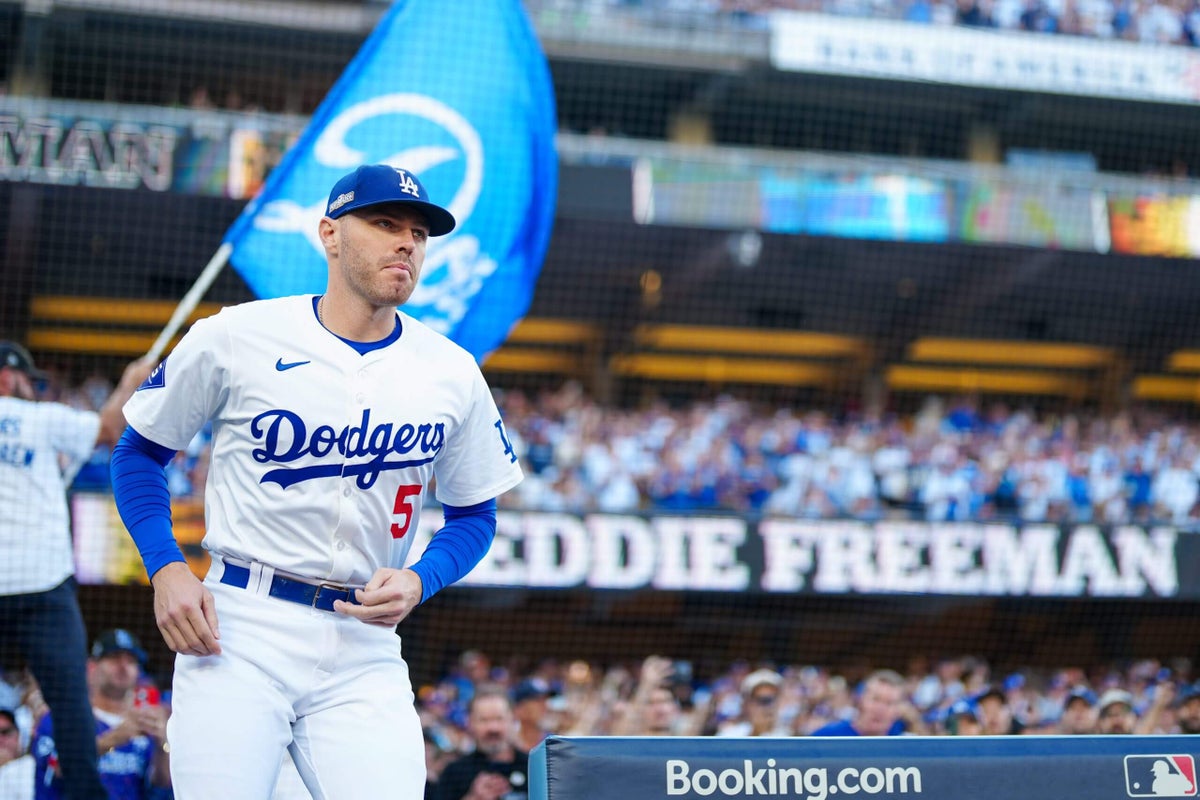
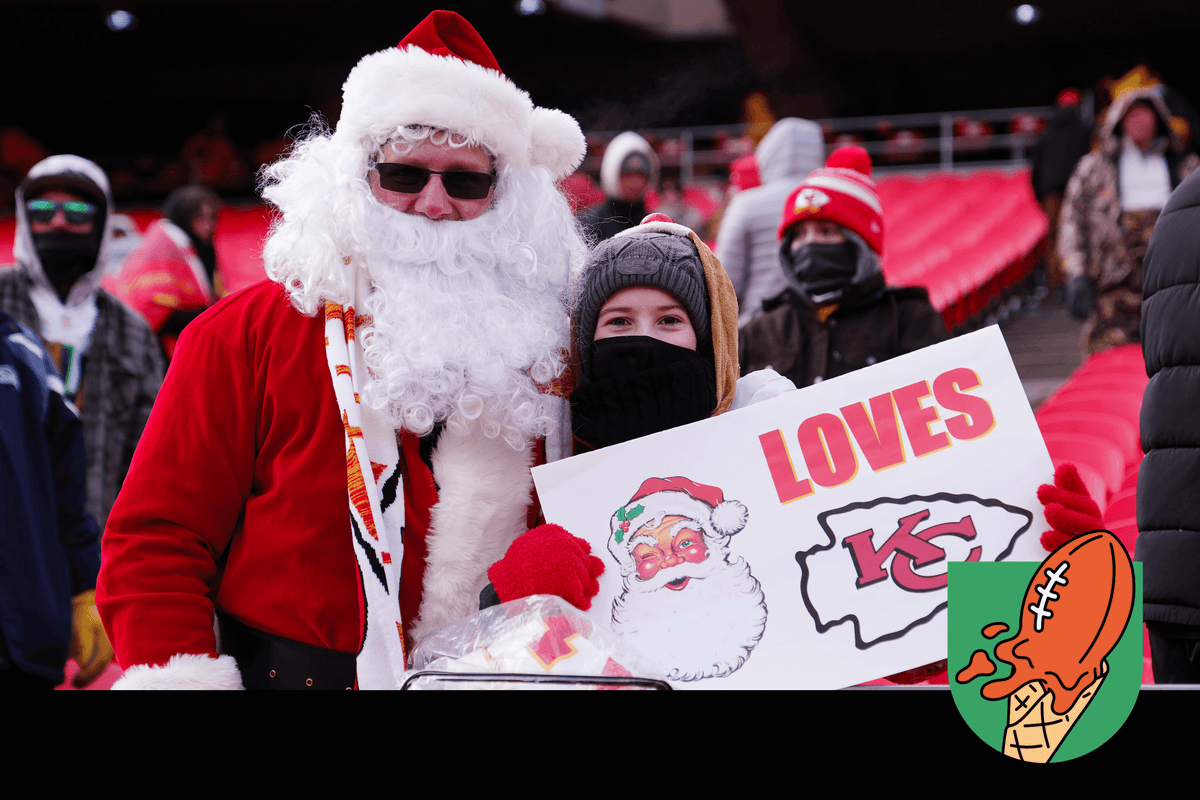
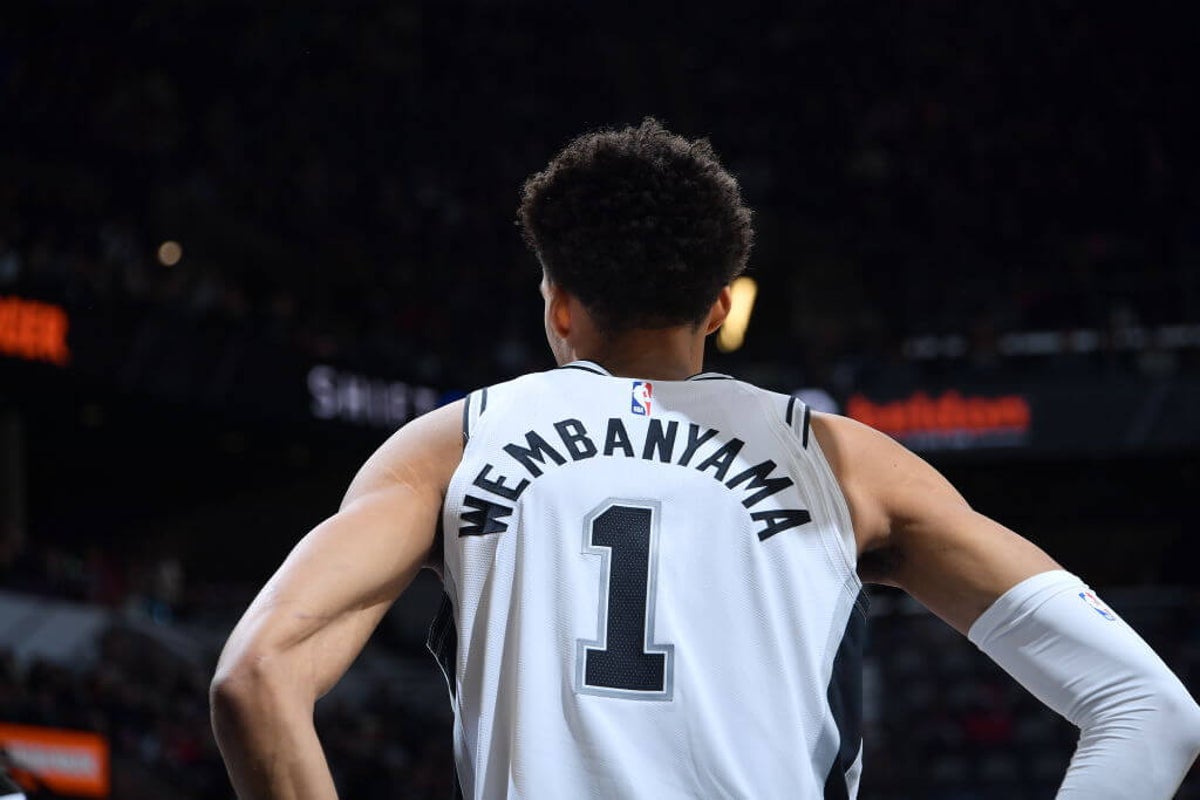
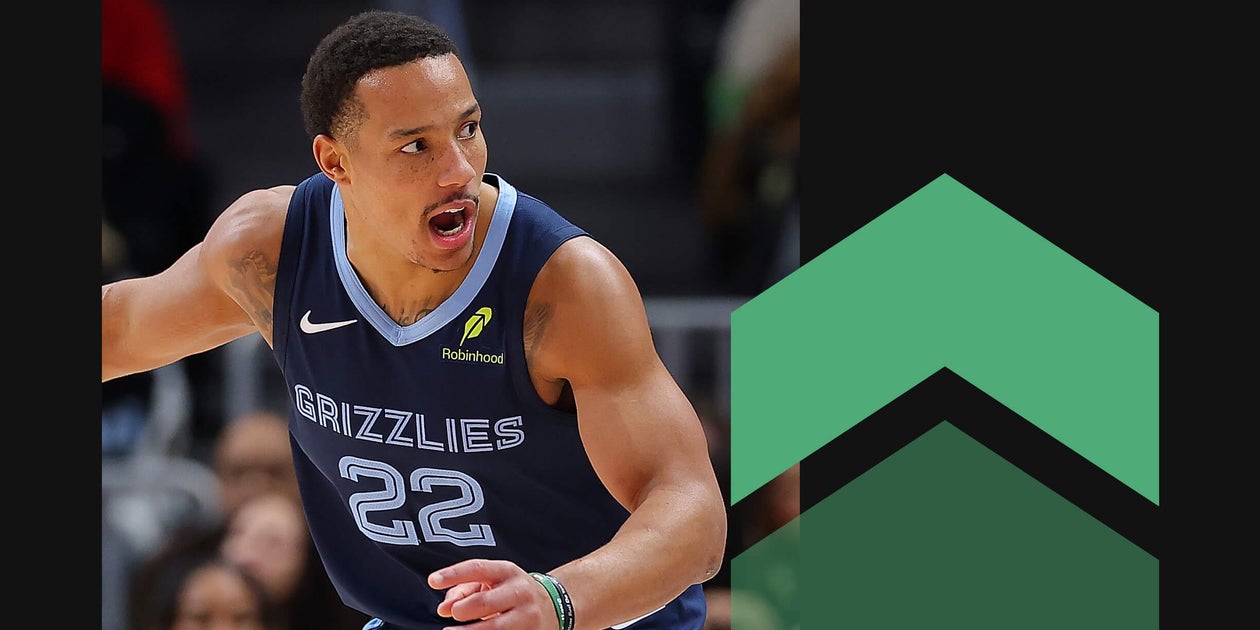
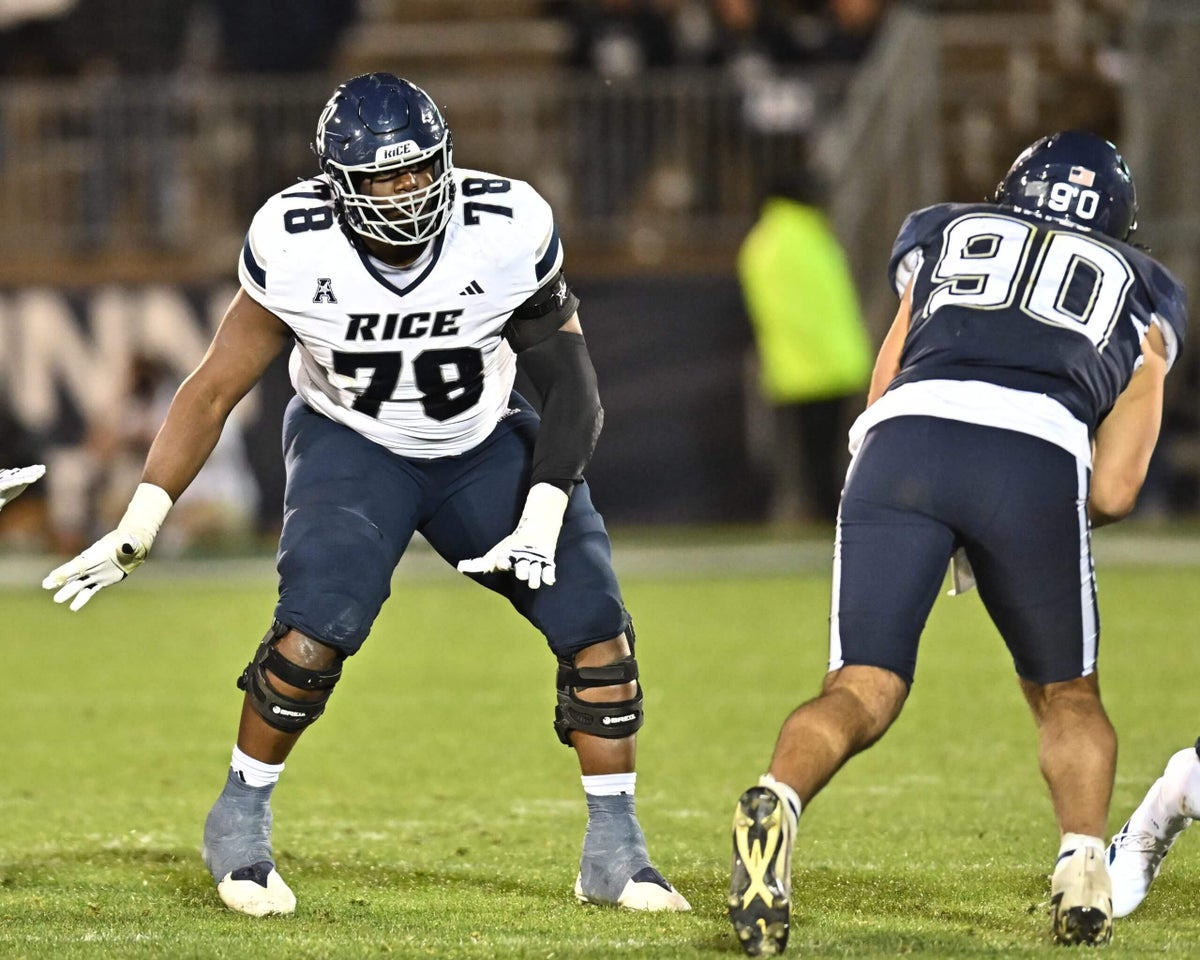
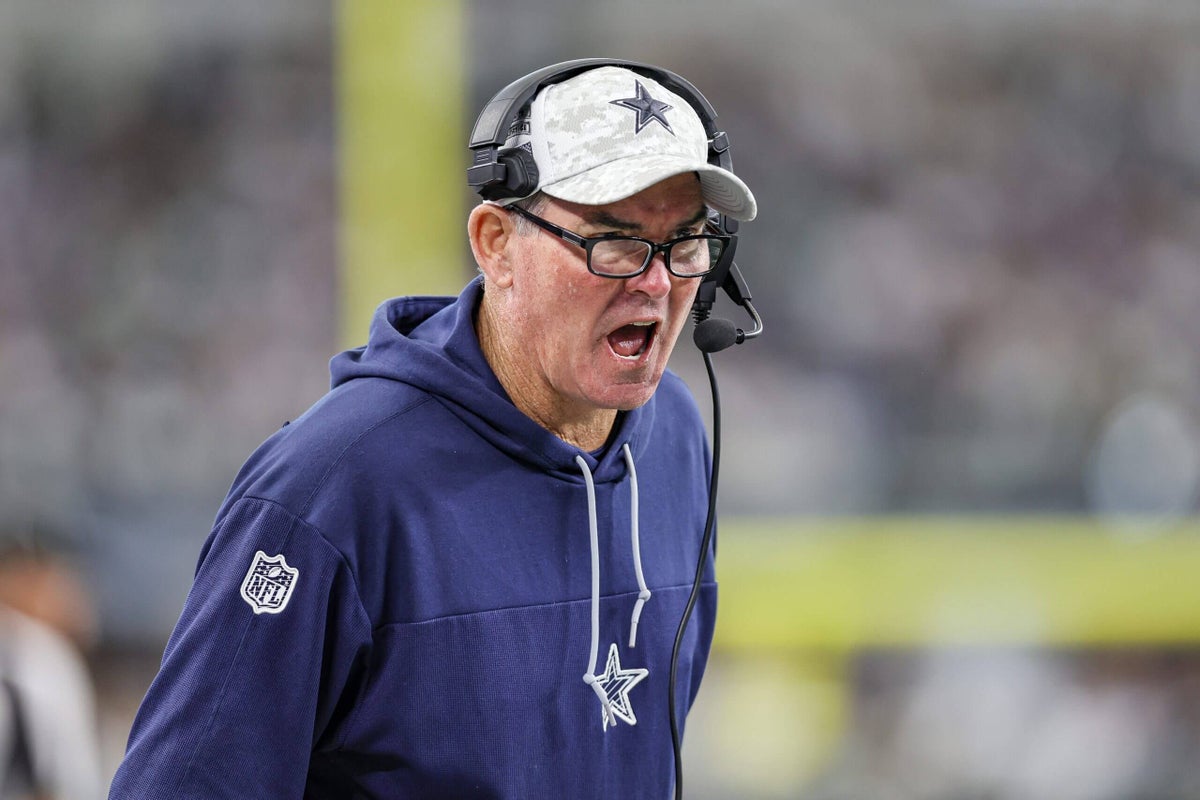
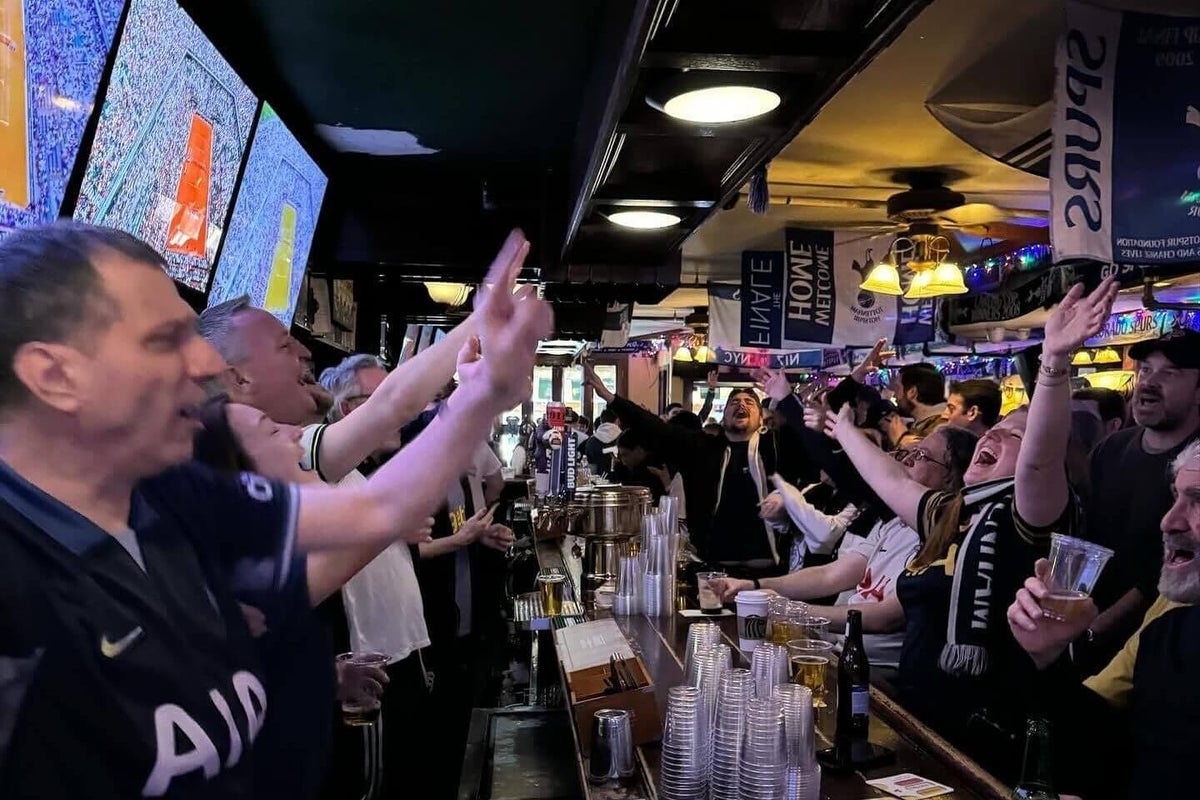


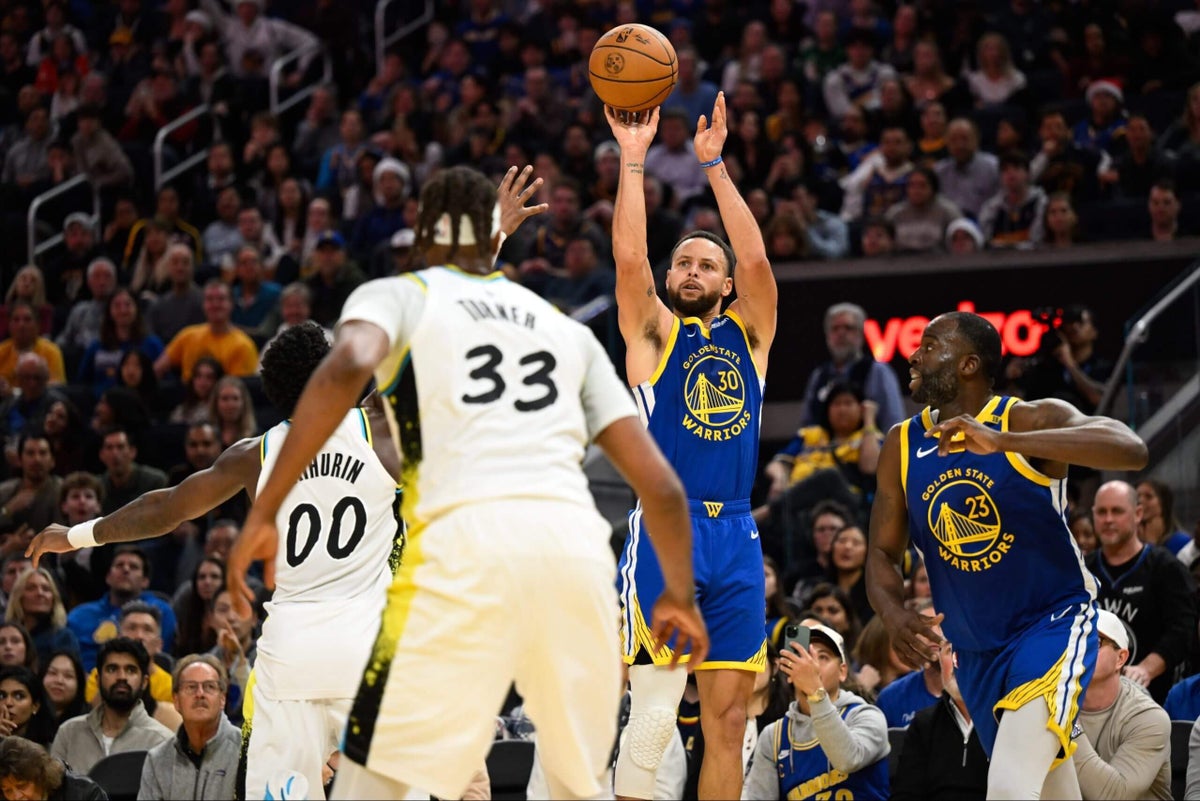
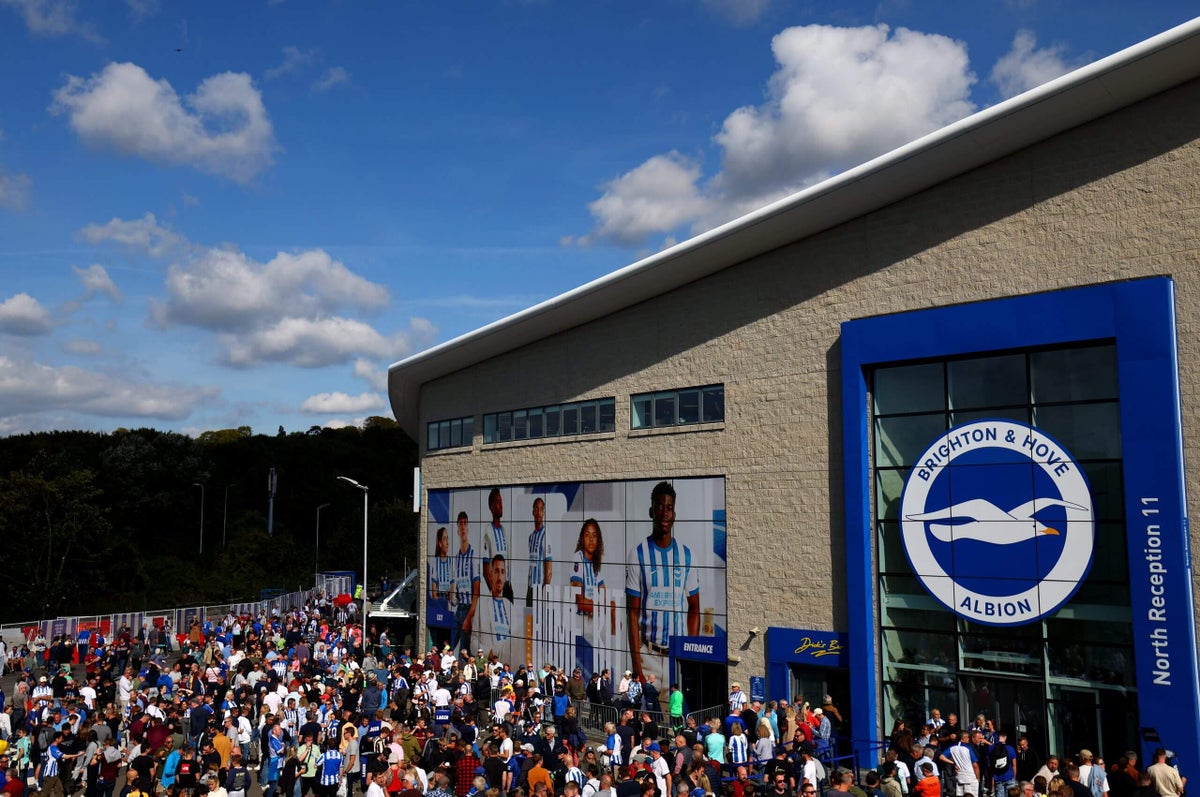
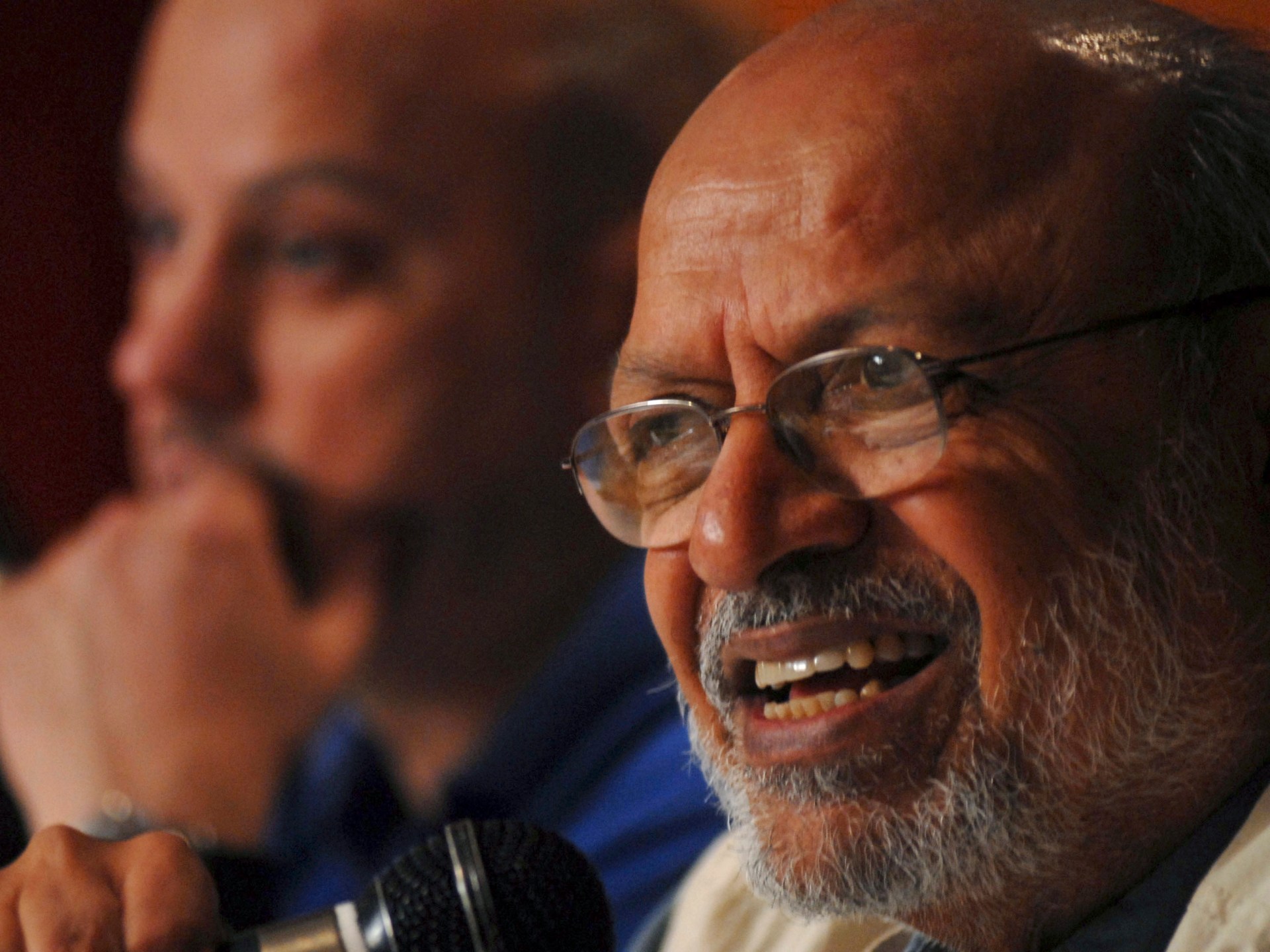
Leave a Reply